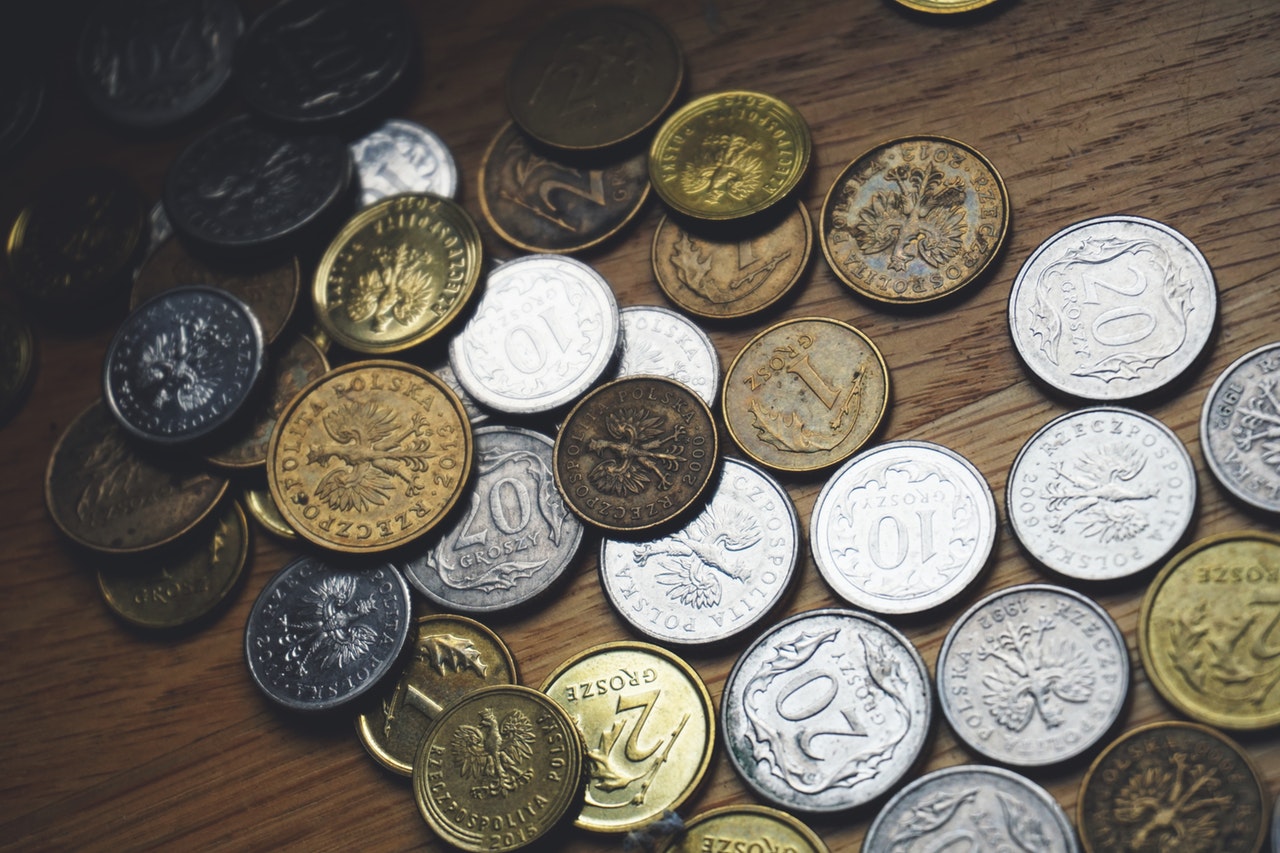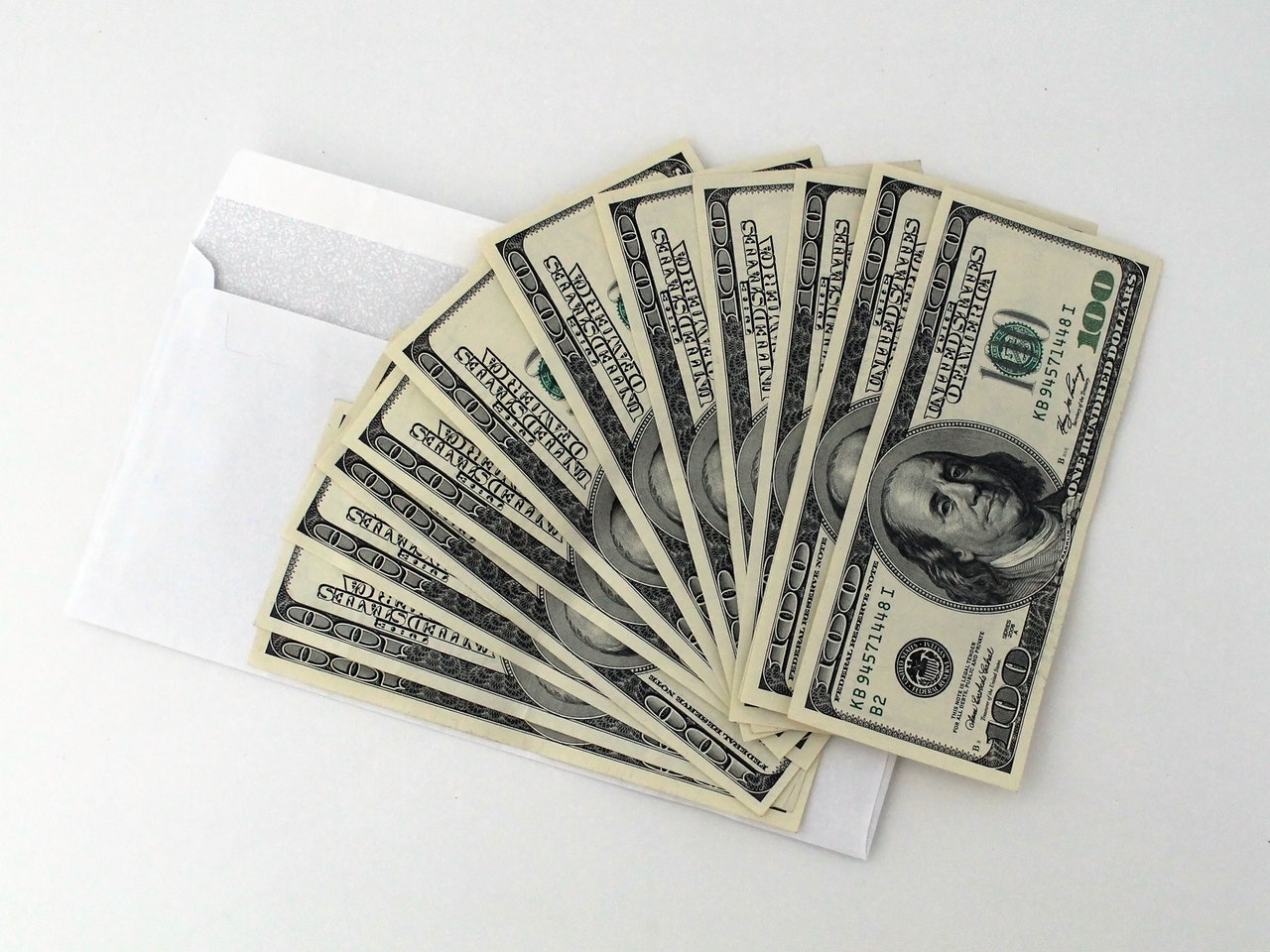It’s one of the fundamentals of personal finance. But how many of us have an emergency fund to tide us over the unexpected?
That question was answered in a 2017 report by Bankrate. They found that 6 in 10 people didn’t have enough to cover a $500 to $1000 emergency expense. Or put another way, only 4 in 10 people have enough cash on hand to cover unplanned for costs.
Broken down by age groups, the younger the individual, the less likely they had anything saved for a rainy day. With those in their sixties more likely to have a rainy-day fund compared to their younger counterparts.
Having an emergency fund can act as a buffer against unplanned and difficult to foresee costs and is one of the first steps finance experts recommend to those serious about getting their finances in order.
Here are the top 3 cases when having extra set aside could mean the difference between hitting rock bottom and enduring a rocky time.
- You get into a car accident or are charged with a DUI.
Statistics show that most of us will experience a car accident at least once during our driving career. When that happens, costs can flood in and accrue rapidly. While the repairs for a car accident might be covered by insurance, you will need to find alternative transport while your car is getting fixed. So add rental costs to the mix, not to mention any medical costs you might incur from being in an accident.
A DUI charge can also have steep financial consequences. Noll Law Office, a DUI defense firm, says, “In some instances, your driver’s license may be revoked without a hearing. For example, if you are charged with DUI and get involved in a crash that lead to serious injury or fatality, the Secretary of the State may take away your right to drive completely.”
Having to refigure your commute to work or change jobs entirely can leave you hanging out on a limb. An emergency fund will help you breathe easier while you sort out how to handle your situation.
- You get fired or you plan on quitting.
Making the transition from one job to another can be a scary experience. Ideally, you have a job lined up before you leave your place of work for good. But life doesn’t always serve up ideal situations. You may feel emotionally exhausted and unable to continue working a day longer. Or due to company downsizing, you may get laid off.
How much should you save in case of job loss? The larger the fund, the less you need to worry. But growing a nest egg takes time and patience. Start with small goals. For example, 2 months’ worth of living expenses. And then work your way to a more comfortable amount. For example, 6 to 12 months’ worth of living expenses.
Look for ways to cut from your largest expense groups. One obvious area is to curb your vacation spending, or look for cheaper options. You could easily trim a couple hundred dollars off your vacation bill by choosing an Airbnb listing over a pricey hotel. Eat out less. Trim the mindless spending.
- You get sick and can’t work and the medical expenses start piling up.
Even if you have health insurance, it is unlikely that it will cover all the additional expenses that pile up when you are sick enough that you must forgo work. And what if your job is one that doesn’t provide paid sick days? Being a business owner or an entrepreneur often means that every day you do not show up to work is a day that cuts directly into your income stream. Being sick can be doubly hurtful to your finances.
Shop around and make sure that your health insurance affords you the best protection. But do not stop there. The money you socked away in your emergency fund will allow you to recover without stressing too much about work and medical bills.
One thing you can do to take care of future medical bills is to invest in your health right now. Are there aspects of your wellness that you are ignoring? Perhaps you never feel ready to hit the gym? Or your after-work ritual includes working your way through 2 bags of chips?
These are all behaviors that will have health consequences, which will wind up costing you both financially and in terms of well-being.


